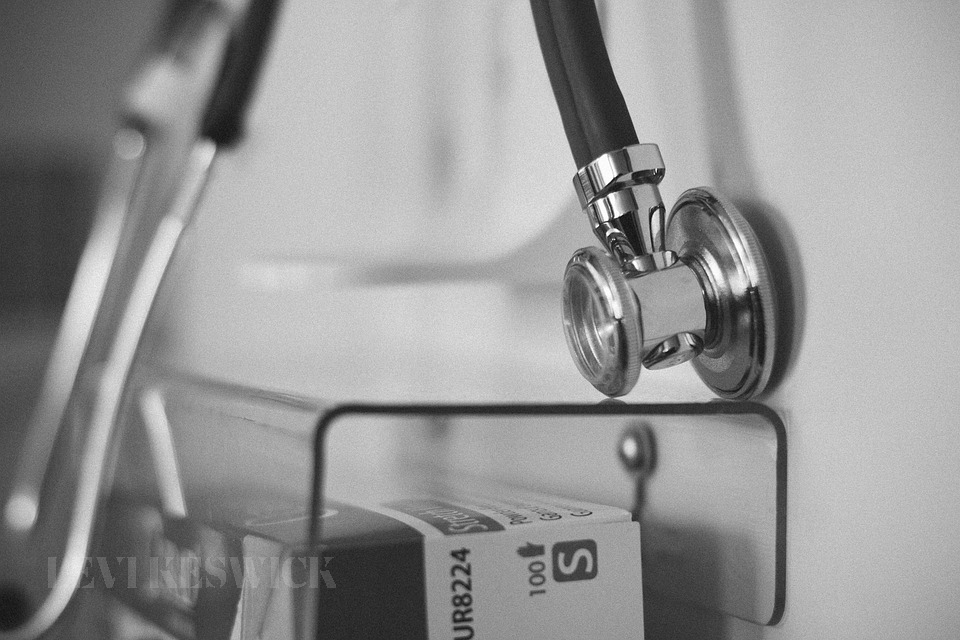The last thing anyone wants to consider is the possibility of being a victim of medical malpractice. Unfortunately, even with advances in modern medicine and unprecedented access to healthcare resources, mistakes can still be made that jeopardize a patient’s health. This blog post will discuss what individuals can do if their health is put at risk due to medical malpractice and how they should go about making sure justice is served.
Hire Legal Representation
Seeking legal advice should be one of the first things to consider when faced with such an issue. Many New Yorkers who suffered from this tend to hire a Saint Joseph medical negligence attorney so they can get fully compensated for what happened. Though it may seem daunting, or cause feelings of discomfort and animosity towards the medical professional who may be responsible, hiring a lawyer to help advise your case is an important and necessary step in bringing justice for what you have been through.

An experienced and knowledgeable attorney has the power to listen to your story, sort through all available evidence, and best prepare you for what steps should be taken next. So don’t hesitate – if you think you may have been mistreated as a patient, do not suffer silently – find an attorney who can work with you to get justice and ensure your rights are respected.
Get A Second Opinion
Getting a second opinion can be a powerful tool in safeguarding your health when medical malpractice has been committed. In many cases, it can be the key to uncovering any misdiagnoses or overlooked treatments that resulted from negligence. To determine if you have a case of medical malpractice, reaching out to another health professional may help you crystallize the diagnosis and get access to better care.
Not only is this essential for mitigating any lingering concerns, but it also gives you peace of mind knowing the doctor’s findings are correct and reputable. Whether you choose to pursue legal action or not, getting a second opinion is an important step toward protecting your health.
Document Everything
From writing down all conversations with the clinic and doctor to taking pictures of potential wounds or injuries, having evidence on hand can make a substantial difference in helping resolve a case. Here are the things you should gather:
- medical history
- symptoms
- medical bills and expenses
- treatment
- communication with healthcare providers
- impact on daily life
- witnesses
Acquiring a professional medical record review from an experienced attorney is also highly recommended to identify possible points of neglect as well as other areas that could be used later to bring forward a possible case for litigation. As such, documenting an incident should always be one’s first step when seeking recourse against medical malpractice.
Prove The Malpractice
In many cases, getting compensation means gathering sufficient evidence of negligence or recklessness by a doctor or healthcare provider, as well as showing proof of harm caused to your specific health or well-being. Determining what constitutes medical malpractice may not be easy – but with the help of a lawyer who specializes in such cases, you can receive informed advice on how best to go about making a legal claim. It’s very important to act quickly when you suspect medical malpractice – time limits apply when filing suit against a petitioner over negligent health care, so procrastination could leave a serious dent in your chances of seeking recourse.
File A Complaint
Filing a medical malpractice complaint can be an incredibly difficult process, especially when dealing with the pain and distress that medical malpractice has caused you or your loved ones. However, filing such a complaint is necessary in order to be able to get the compensation that you deserve and it’s important to know your rights before beginning the process.
Researching legal advice is vital and making sure that you’re informed of all steps involved is key to ensuring success in your case. Although this may seem overwhelming at first, making sure you are prepared will ultimately set you up for financial recovery from healthcare negligence.
Take Care Of Yourself
Taking care of yourself should always be a priority, but even more so when you are facing medical malpractice. When we are put in the position of trusting someone with our health and safety, it is important to stay vigilant and be aware of what is happening. Taking proper care is essential after suffering from medical malpractice – it can mean providing ourselves rest or seeking outside advice if needed. It’s imperative to take control of our own health in times like these by being informed about potential options and taking necessary actions whenever possible.

It is unfortunate when medical malpractice occurs and changes or even puts our health at risk. It is important to act swiftly, diligently, and with purpose when responding to this kind of situation. Remember there are multiple steps you can take such as hiring legal representation, getting a second opinion, documenting everything, proving the malpractice, and filing a complaint if needed. Most importantly, be sure to take care of yourself throughout the whole process both mentally and physically; prioritize your well-being above all else. There will likely be moments of fear, anger, doubts, and sadness that may arise but you have what it takes to get through it all.










